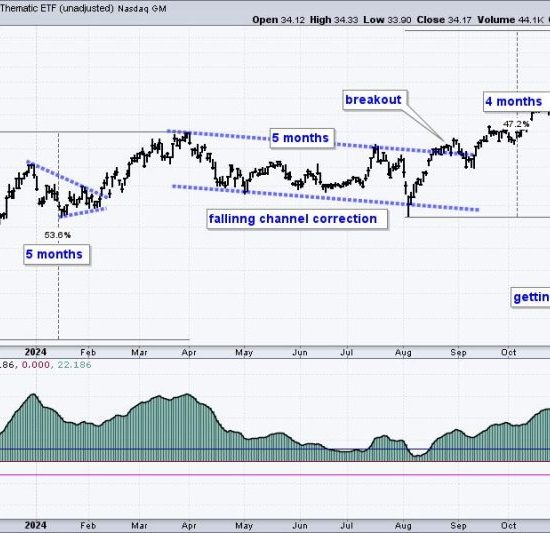The U.S. Federal Reserve’s annual bank stress tests are a vital risk management tool, enabling regulators to assess how effectively institutions can weather turbulent economic times. Such academic exercises have real-world implications for individual investors and their portfolios as they signify the general health of the banking industry and the broader economy.
Understanding the Concept of Bank Stress Tests
Bank stress tests are hypothetical situations devised by financial regulators to determine the resilience of banking institutions in the event of a severe economic downturn. These scenarios often include extreme changes in important economic indicators, such as unemployment rates, housing market crashes, or global recessions. Then, banks’ responses are evaluated based on their capital adequacy, quality of capital, risk-weighted assets, and leverage ratios.
The stress tests’ primary objective is to ensure banks maintain sufficient capital reserves to withstand unanticipated economic shocks without disrupting their normal operations. In addition, they prevent taxpayers from bearing the costs of governmental bank rescues, a widespread occurrence during the 2008 global financial crisis.
Implications for An Individual’s Portfolio
US bank stress test results can provide important indicators for investors. They give insights into the health of the banking sector and its preparedness to weather adverse economic conditions. Banks’ failure or success in these tests can impact their stock prices and dividends, thus directly affecting investors’ portfolios.
A positive stress test outcome generally builds confidence in the resilience of the banking system, which could promote a bull market and result in an overall increase in asset value. This can be particularly advantageous for investors with substantial equity holdings in banking institutions.
Conversely, if a bank does not perform well in these stress tests, it may be subject to regulatory sanctions, including restrictions on dividend payments and share buybacks. This could negatively impact investors, particularly those that rely on regular income from these sources.
Investors can also utilize stress test results to rebalance their portfolios. They can assess banks’ ability to withstand financial shocks and invest more in those with strong performance records during stress scenarios. Those who are risk-averse might find investing in such banks more appealing as they offer a higher degree of financial stability. Concurrently, underperforming banks may present opportunities for value investors willing to take on more risk in hopes of future rebound.
Furthermore, stress test results can impact the broader economy, which indirectly influences investors’ portfolios. If major banks show signs of financial vulnerability, it could undermine consumer and business confidence, leading to reduced spending and slowing economic growth. Conversely, robust stress test results may boost the broader economy, thereby benefiting all investors.
The Role of Diversification
While stress test results offer valuable insights, they should not be the only basis for investment decisions. Investors must recognize the importance of diversifying their portfolios to spread risks across different asset classes, industries, and regions. It can insulate the portfolio from isolated bank or sector downturns and create more stable returns.
In Conclusion
To sum up, US bank stress tests hold significant implications for individual investors and their portfolios. A thorough understanding of these tests and their outcomes can aid in informed investment decisions, thus providing an edge in the increasingly volatile global investment landscape. Nevertheless, investors are urged to consider various factors beyond stress test performance, including their risk tolerance, investment goals, and the need for portfolio diversification. Clarifying these can help pave the path toward an optimized portfolio capable of weathering all types of economic storms.




